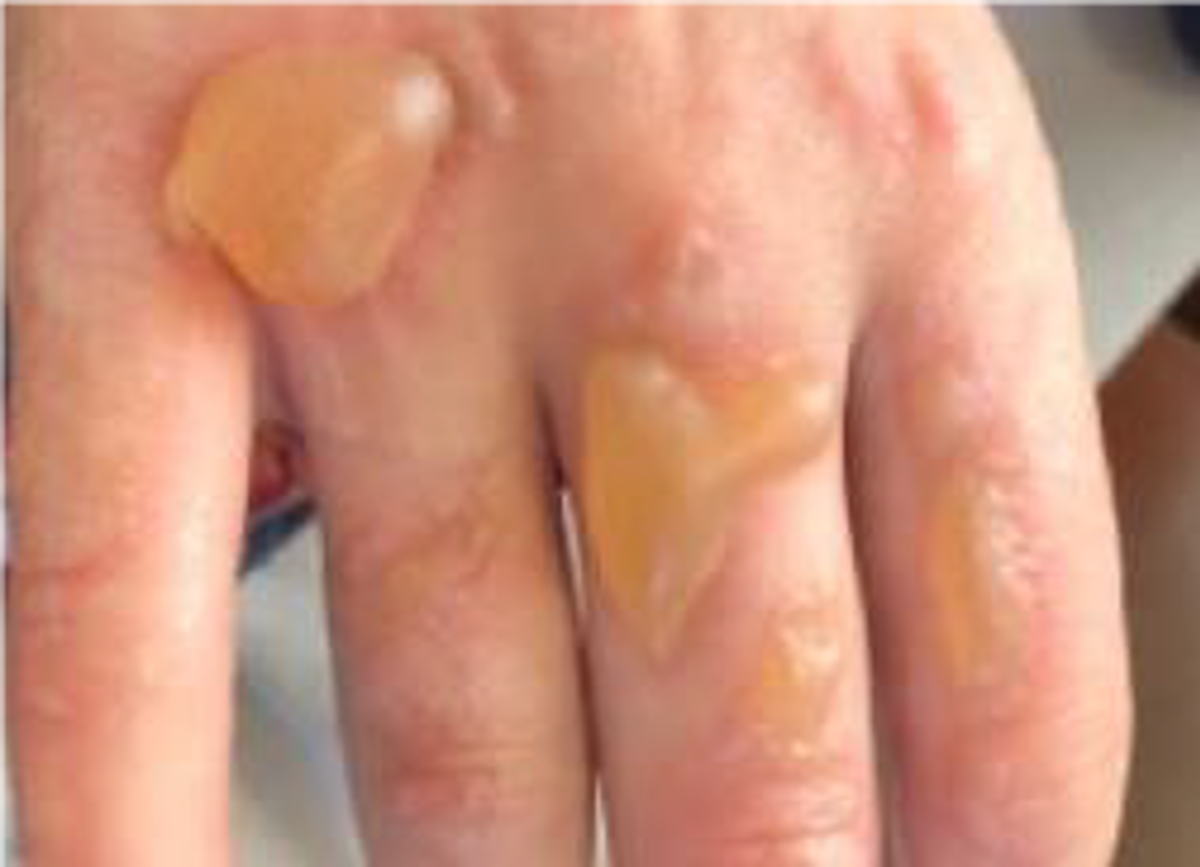Ignited hand sanitiser
- Safety Flash
- Published on 5 May 2020
- Generated on 21 February 2026
- IMCA SF 15/20
- 1 minute read
Jump to:
What happened?
A man had his hands burnt when alcohol-based hand sanitiser caught fire.
The man was using alcohol-based hand sanitiser as recommended during the Corona pandemic.
The man touched a surface before his hands were completely dry.
Due to static electricity, fumes from the hand sanitiser ignited with an almost invisible flame on both hands.
The man quickly reached a sink to extinguish the flames.
What were the causes? What went wrong?
The man did not ‘identify all energy sources’ – alcohol based sanitiser is inherently flammable and hence a potentially hazardous source of energy.
Actions
Members may wish to refer to:
- Guidance on crew management during the COVID-19 outbreak (IMCA HSS 01/20)
Related Safety Flashes
-
IMCA SF 04/09
2 April 2009
IMCA Safety Flashes summarise key safety matters and incidents, allowing lessons to be more easily learnt for the benefit of the entire offshore industry.
The effectiveness of the IMCA Safety Flash system depends on the industry sharing information and so avoiding repeat incidents. Incidents are classified according to IOGP's Life Saving Rules.
All information is anonymised or sanitised, as appropriate, and warnings for graphic content included where possible.
IMCA makes every effort to ensure both the accuracy and reliability of the information shared, but is not be liable for any guidance and/or recommendation and/or statement herein contained.
The information contained in this document does not fulfil or replace any individual's or Member's legal, regulatory or other duties or obligations in respect of their operations. Individuals and Members remain solely responsible for the safe, lawful and proper conduct of their operations.
Share your safety incidents with IMCA online. Sign-up to receive Safety Flashes straight to your email.
